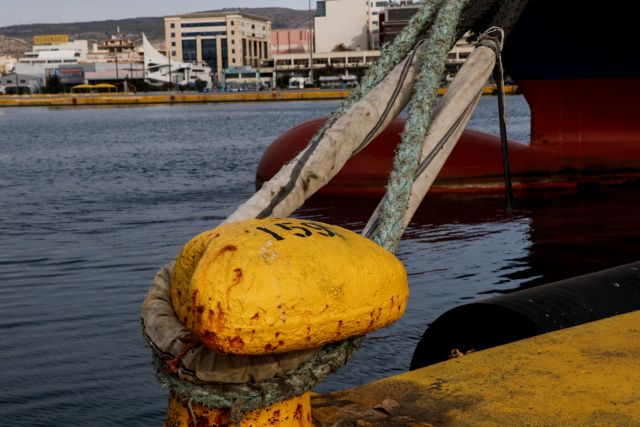
At the same time that there are many construction projects in Europe for new green passenger-vehicle ferries, Greek coastal shipping is still in the planning phase for the renewal of its fleet, despite the fact that Greece is the most island country in Europe.
However, the time limits are narrowing, as from the new year the coastal vessels will have to start adapting to new stricter environmental requirements set by the revised regulations of the International Maritime Organization (IMO) for the reduction of carbon dioxide emissions.
The new measures will require ships of 400 gt and above to improve their energy efficiency based on the so-called energy efficiency index, while all ships of 5,000 gt and above will have to determine the annual carbon intensity index (CII) that links greenhouse gas emissions to the amount of charge carried.
Then the ships will be rated for their energy efficiency A, B, C, D, E, where A is the best and, in case one of the ships is rated D or E, for three consecutive years, they will be asked to present a corrective action plan to improve efficiency in the minimum standards required (C or above). Industry players point out to ot.gr that so far very little has been done in Greece in the direction of launching new greener ships, while emphasizing the need for interventions to improve their image. The average age of ships in Greek coastal shipping is currently 27.32 years with a horizon to reach 37.32 years in 2030. In fact, then, as the Association of Passenger Shipping Companies (SEEN) has pointed out, more than 42 ships will be over 40 years old, while 18 will be over 50 years old.
Currently, fleet renewal plans are being considered by the Attica Group, which may include ANEK, provided that the agreement of the banks for the creation of a single scheme is completed. According to information, Attica Group intends to use more than 100 million euros from the available funds of the Recovery Fund for the development of new green ships.
The stagnation seen in recent years in fleet renewal has shown the difference with other European countries that are investing in new ships that use more environmentally friendly fuels.
A typical example is Norway, which has decided that, from 2026 all the fjords in the country will be free of gas emissions.
It is noteworthy that, in early December, the competent authorities of the country awarded a tender to the shipping company, Torghatten Nord, for serving large routes among the cities of Bodo, Rost, Vaeroy and Moskenes with a ship that will use 85% of fuel based on hydrogen and remaining 15% on zero or minimum emissions fuel.
Also, the shipping company, Havila Kystruten, which had placed an order for four LNG-battery cruise ferries, part of its new contract for the service of the line between Bergen and Kirkenes on behalf of the Norwegian Ministry of Transport, just on December 12 received the first of the four ships.
In Sweden, Wasaline launched the newly built Aurora Botnia last August, which uses electricity near ports, and uses liquefied natural gas as its main fuel, but also has the potential to use biogas in the future.
In Estonia, Tallink Group is building MyStar, which uses LNG as fuel.
In Scotland, the competent regulators are launching tenders to cover ferry lines for ships that will use electricity as a propulsive force.
In France, Britany Ferries received, in early December, the first of the three new LNG-powered vessels and chartered them from Stena Line, which has placed an order for twelve such vessels at the Chinese shipyards.
Going closer to the Mediterranean, the Spanish Balearia is converting the engines of six of her ships so as to “burn” natural gas, while it also charters three newly built passenger ferries with LNG fuel.
Finally, the Grimaldi group invests in modern and environmentally friendly ships that use electricity in ports.
Latest News
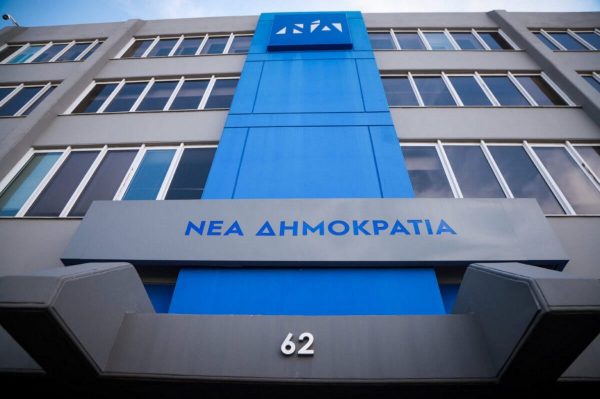
PM Mitsotakis to Chair New Democracy’s Committee Meeting
Today’s meeting is seen as a crucial opportunity to halt internal disputes within ND and reaffirm unity within the party.

Trump Tariffs Jeopardize Growth: Piraeus Chamber of Commerce
The tariffs, aimed at reducing the U.S. trade deficit, are expected to have both direct and indirect effects on the European economy

EU Condemns Trump Tariffs, Prepares to Retaliate
As tensions escalate, the EU is expected to continue negotiations with Washington while preparing for potential economic retaliation.

The Likely Impact of Trump Tariffs on Europe and Greece
Trump tariffs are expected to negatively affect economic growth in the Eurozone while Greece's exports could take a hit.

Motor Oil Results for 2024: Adjusted EBITDA of 995 mln€; Proposed Dividend of 1.4€ Per Share
Adjusted EBITDA for 2024 was down 33% yoy. The adjusted profit after tax for 2024 stood at 504 million euros, a 43% decrease from the previous year

Cost of Living: Why Greece’s 3% Inflation Is Raising Alarm
Greece appears to be in a more difficult position when it comes to price hikes, just as we enter the era of Trump’s tariffs.

Fitch Ratings Upgrades the Four Greek Systemic Banks
NBG’s upgrade reflects the bank’s ongoing improvements in its credit profile, Fitch notes in its report, including strong profitability, a reduction in non-performing exposures (NPEs), and lower credit losses

Trump to Announce Sweeping New Tariffs Wednesday, Global Retaliation Expected
With Trump's announcement just hours away, markets, businesses, and foreign governments are bracing for the fallout of one of the most aggressive shifts in U.S. trade policy in decades.

Inflation in Greece at 3.1% in March, Eurostat Reports
Average inflation in the eurozone settled at 2.2%, compared to 2.3% in February

Greece’s Unemployment Rate Drops to 8.6% in February
Despite the overall decline, unemployment remains higher among women and young people.


























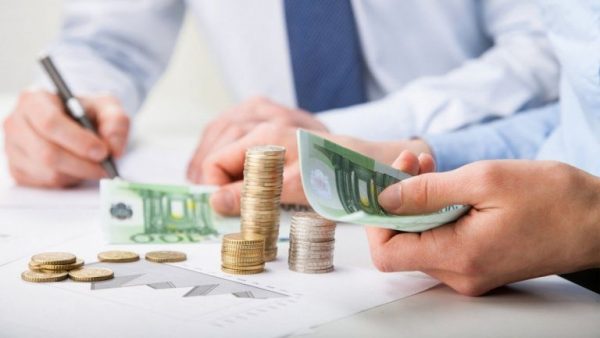
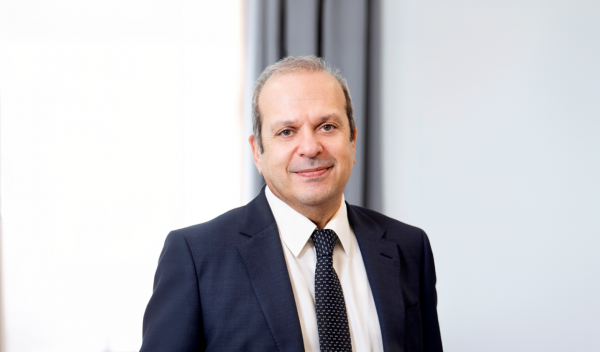

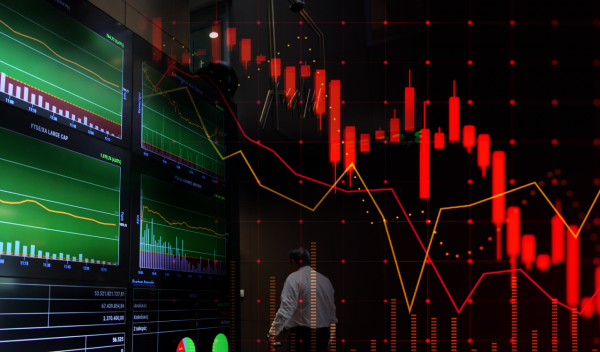



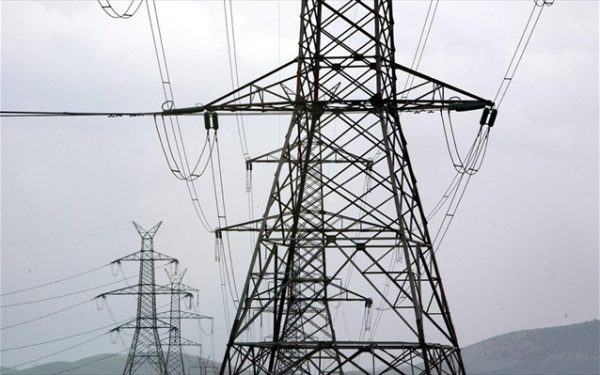




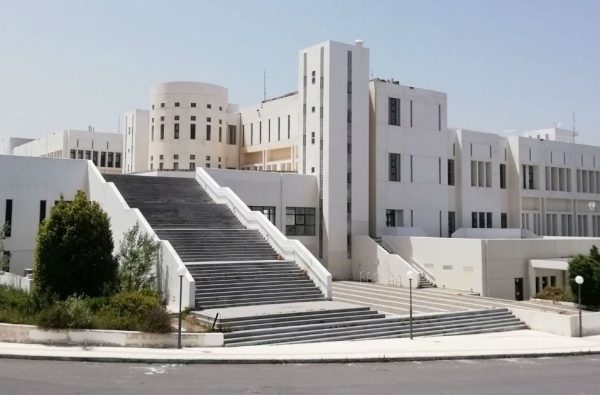



 Αριθμός Πιστοποίησης
Αριθμός Πιστοποίησης